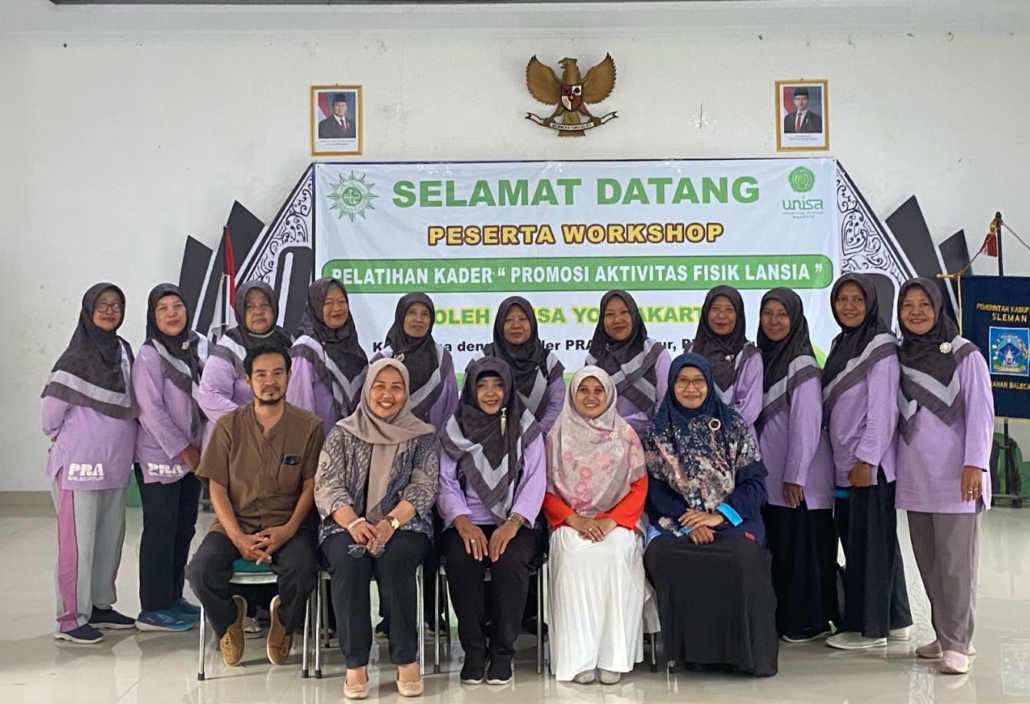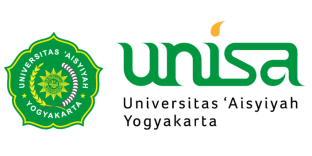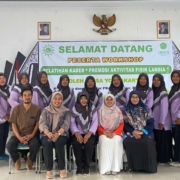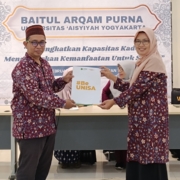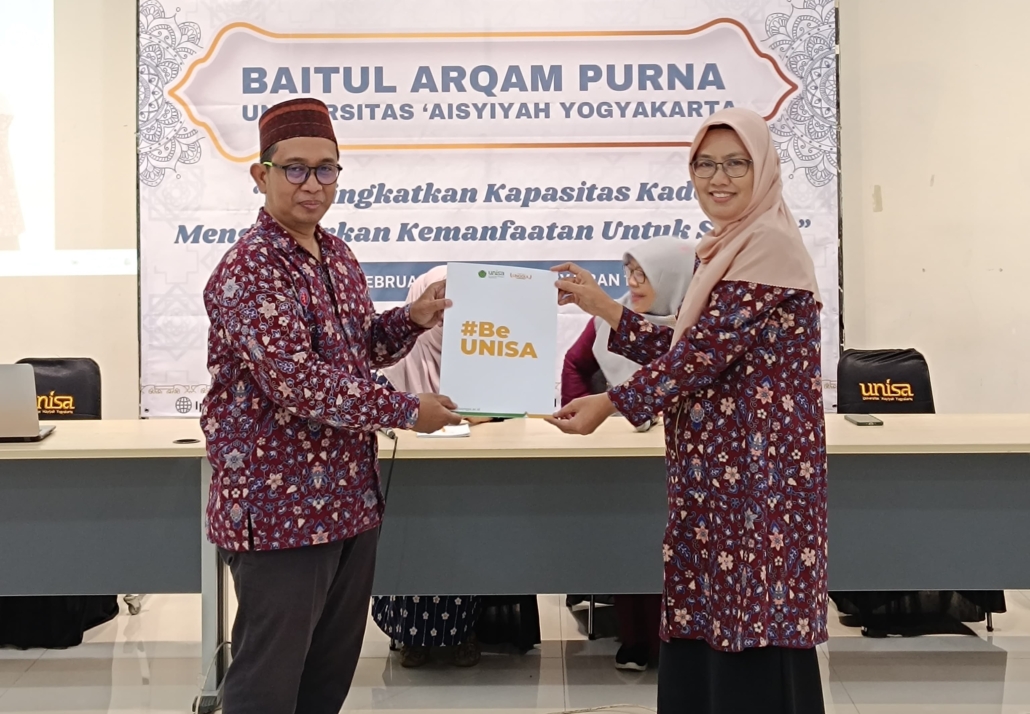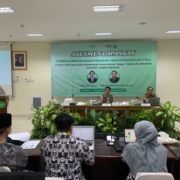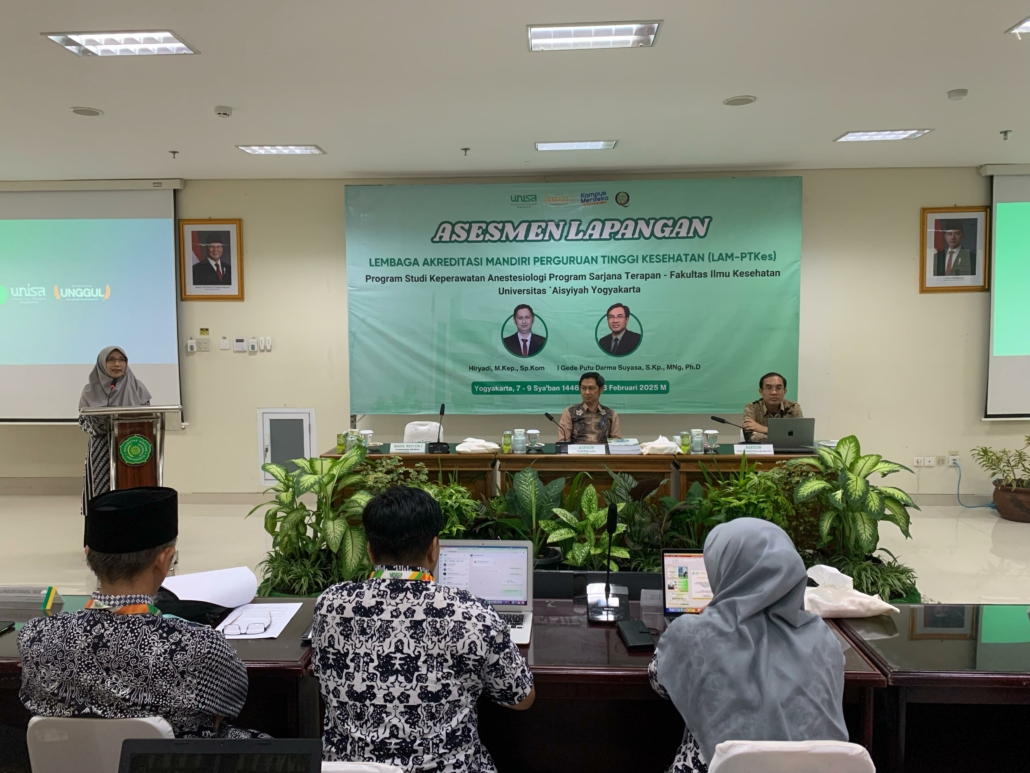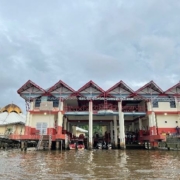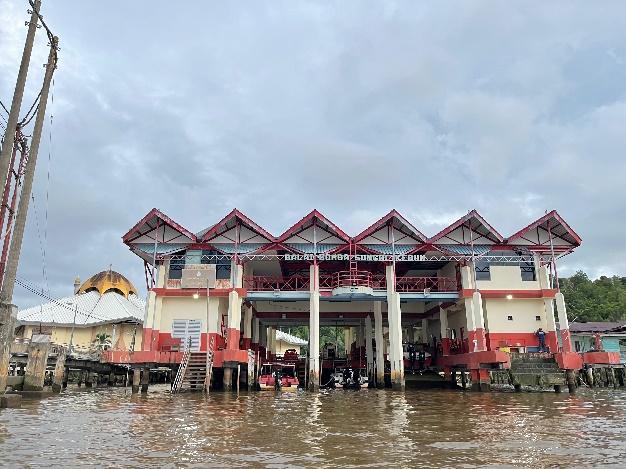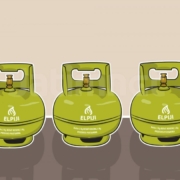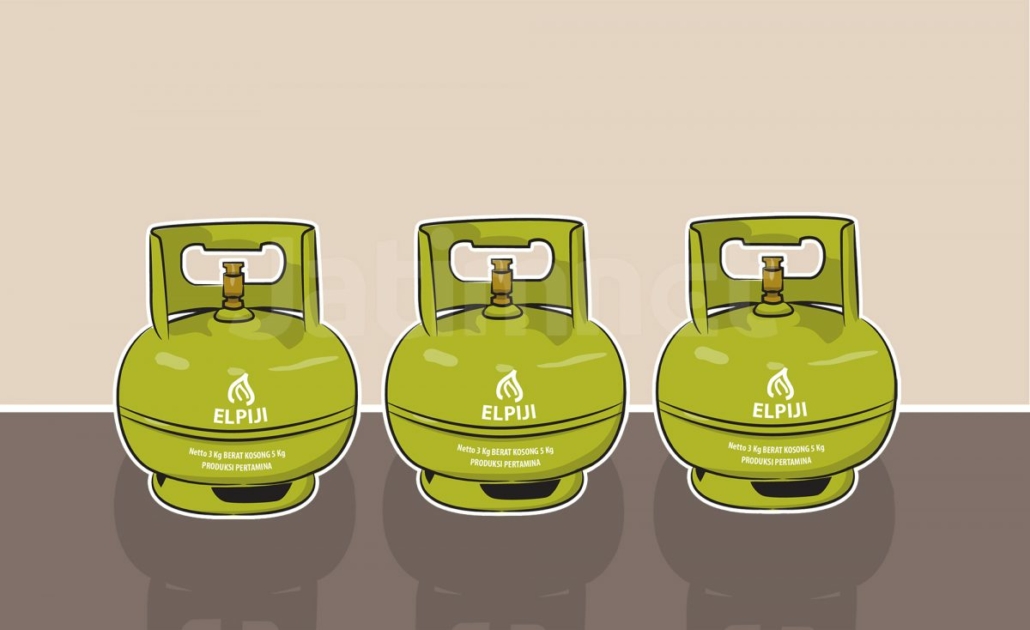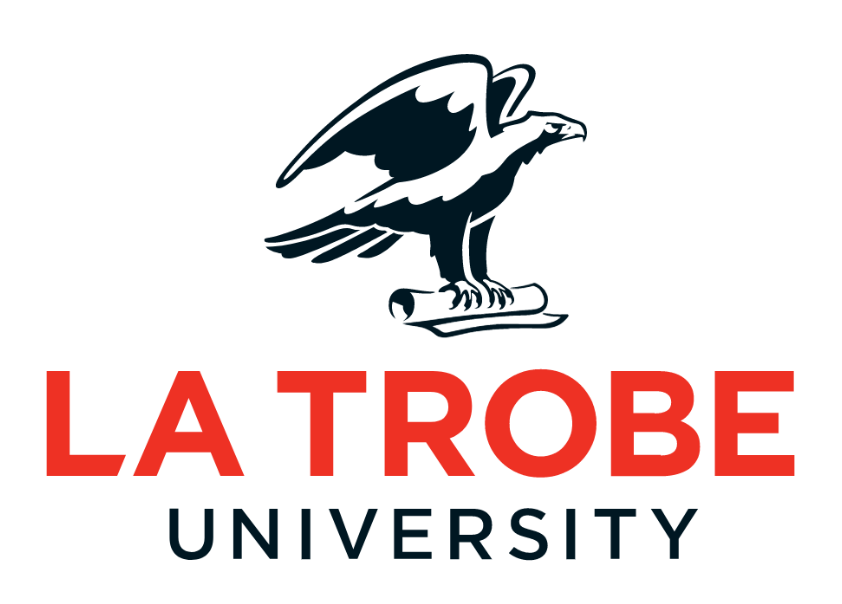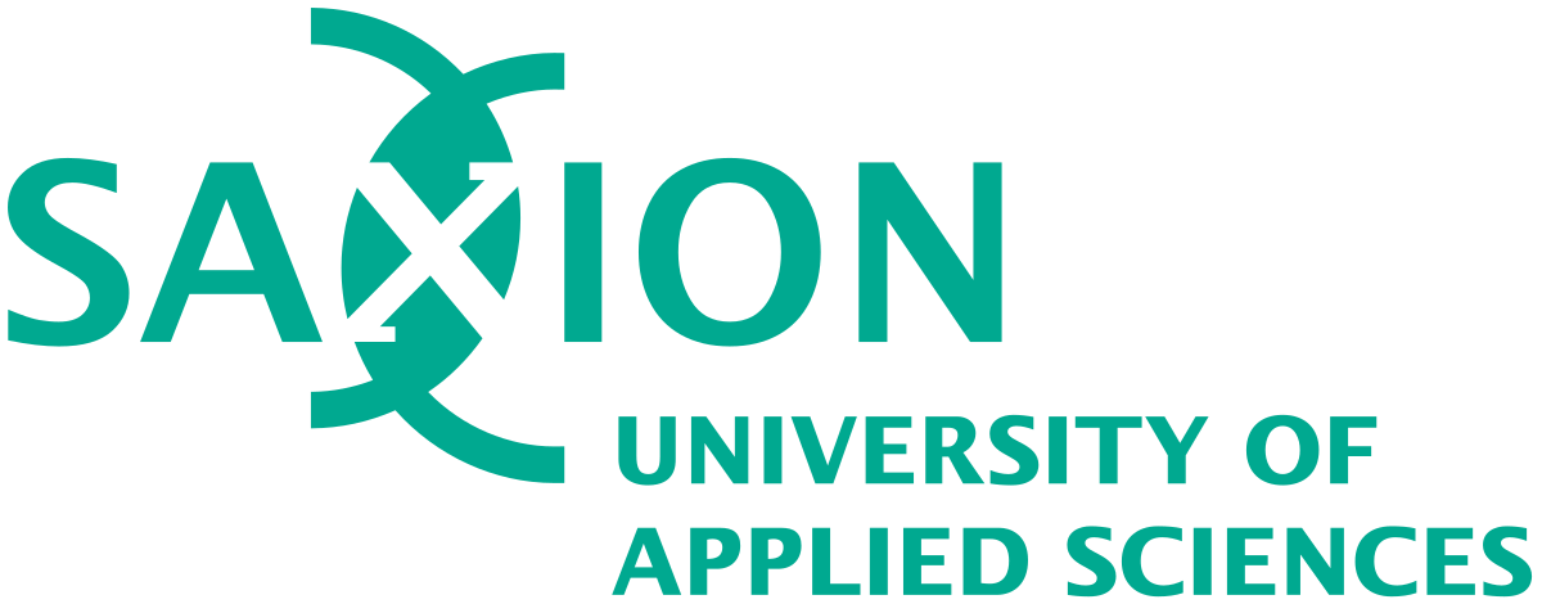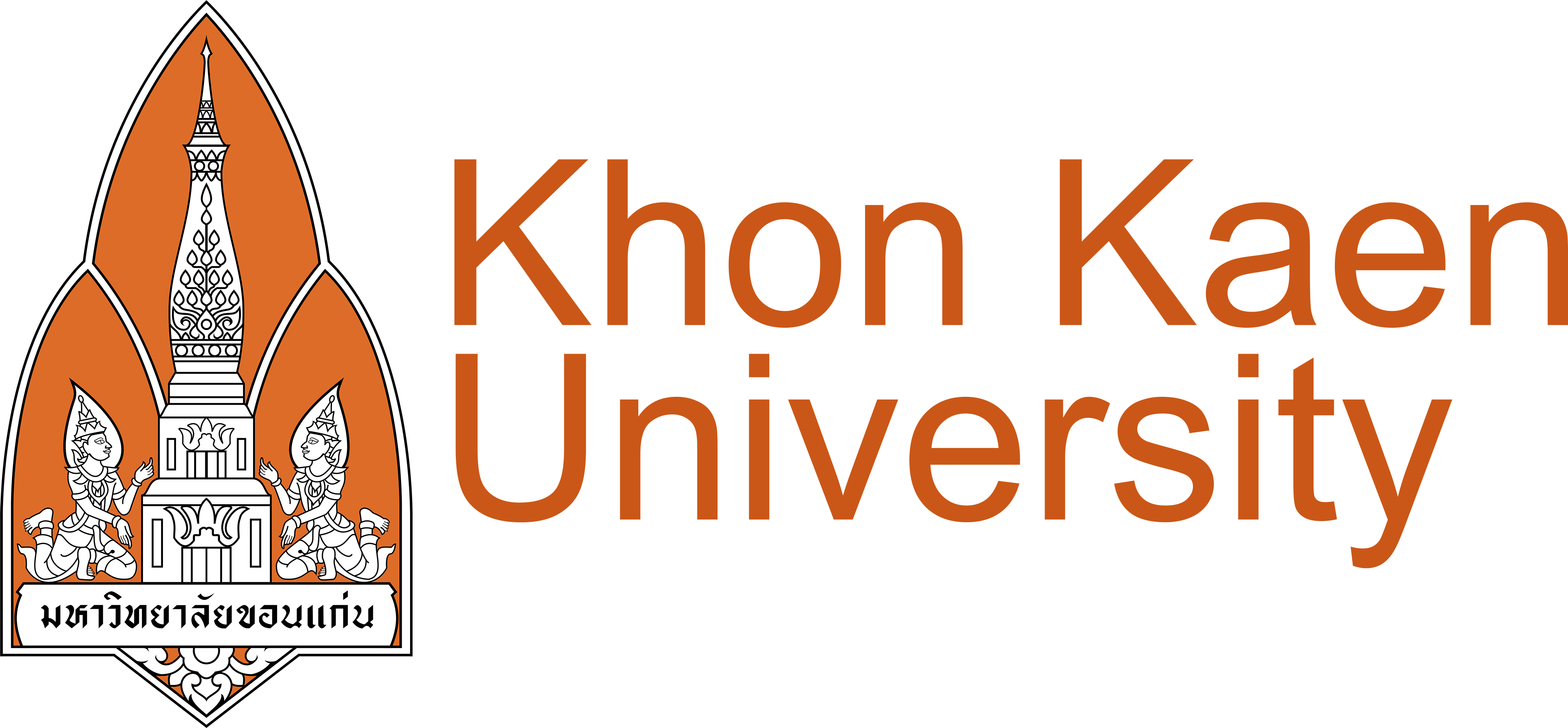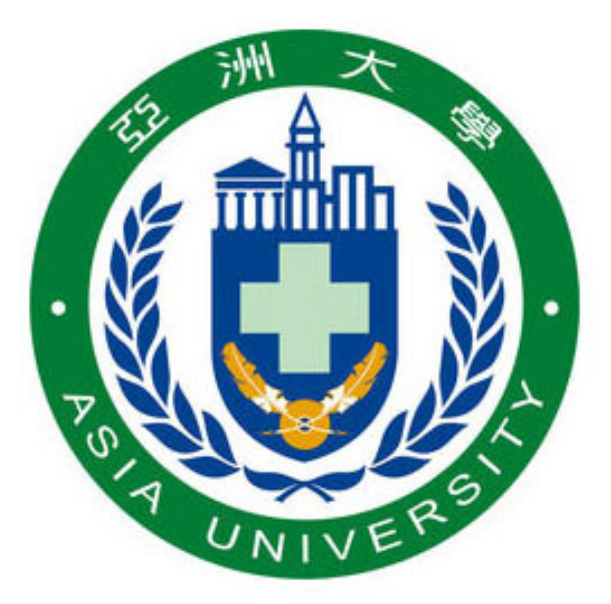Universitas ‘Aisyiyah (UNISA) Yogyakarta held intensive training for elderly cadres in Balecatur, Sleman, Yogyakarta, on Sunday, February 9, 2025. Held at the Kalurahan Balecatur Meeting Building, the training was attended by 60 participants who were representatives of the Aisyiyah Branch Leaders (PRA), Family Welfare Empowerment (PKK), Integrated Service Post (Posyandu), and Integrated Service and Counseling Post for the Elderly (Posbindu). This activity is a form of UNISA Yogyakarta’s commitment to improving the health and quality of life of the elderly, especially in the Special Region of Yogyakarta (DIY).
Balecatur Village Head, Andri Septianto, SH, in various ways emphasized the importance of sustainable synergy between UNISA Yogyakarta, the Branch Leaders of ‘Aisyiyah (PRA), and Balecatur Village. This collaboration is expected to provide optimal promotive and preventive services for the community, especially for the elderly community in Balecatur. He welcomed the initiation of UNISA and hoped that similar programs could continue.
The head of PRA, Mrs. Hj. Suprihatin, said that the issue of the elderly has been a major focus of ‘Aisyiyah for a long time. The presence of UNISA lecturers and students is considered very helpful in increasing the capacity of health cadres, especially in providing the best service for the elderly. ‘Aisyiyah is committed to realizing healthy, active, and productive elderly people who are beneficial to their surroundings.
The Head of the UNISA Yogyakarta Community Service Team, Indriani, explained that this activity is an implementation of the Tri Darma of Higher Education, namely community service. This program aims to improve the health of the elderly in Yogyakarta by promoting physical activity as the key to independence in old age. DIY, especially Sleman, has the highest proportion of elderly people in Indonesia. Sleman has the highest average life expectancy (ALE) of 75.26 years, while the ALE in DIY is 74.91 years. Sleman also has the largest elderly population in DIY, with 168,527 people. This condition demands serious attention to the health and quality of life of the elderly.
Indriani added that this community service program was designed to improve the ability of elderly cadres to manage the health of the elderly by increasing the promotion of physical activity. With in-depth knowledge of the elderly, health risks, the importance of physical activity, and proper physical activity practices, it is hoped that cadres can become agents of change in their communities. They can provide education, motivation, and support to the elderly to be active and live a healthier and better quality of life.
Physical activity is a crucial factor in maintaining the health and quality of life of the elderly. Physical activity is not only limited to sports, but also includes daily body movements, such as walking, gardening, or cleaning the house. Regular physical activity can improve muscle strength, stiffness, and balance, as well as reduce the risk of chronic diseases such as diabetes, hypertension, sarcopenia, and osteoporosis. However, there are still many elderly people who do not understand the concept of physical activity and its benefits, often due to physical limitations, lack of information, or lack of motivation. Therefore, it is important to raise awareness of the importance of physical activity for the elderly and provide the support and facilities needed.
The role of cadres is very important in promoting physical activity to the elderly in the community. This training focuses on improving the knowledge and skills of cadres in the promotion of physical activity, starting with health screening, providing comprehensive material, and ending with the practice of physical activity. The material presented includes the concept of the elderly and its changes, degenerative diseases, the concept of physical activity and its benefits, the practice of physical activity for the elderly according to WHO recommendations, the promotion of physical activity for the elderly, and strategies to increase the participation of the elderly in physical activity.
The UNISA Yogyakarta Community Service Team in charge consisted of lecturers from the Physiotherapy Study Program, namely Indriani, SKM., MSc, Veni Fatmawati, SST., MFis, Andry Ariyanto, SST., MOr, and Nor Faeza Kaeni, SS., MA, who acted as speakers. The last training session was filled with physical activity exercises, including endurance and stretching exercises that are safe for the elderly.
One of the training participants revealed, “This training is very beneficial for us. We gained a lot of new knowledge and practical practices that we can immediately apply in serving the elderly.”
It is estimated that, through this training, cadres can be at the forefront of motivating and facilitating the elderly in Balecatur to live healthier and more active lives through directed physical activities. This activity has received appreciation from various parties and is expected to be an example for efforts to improve the quality of life of the elderly in other areas.
